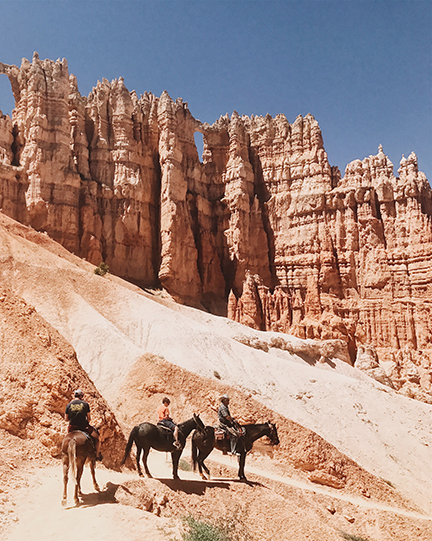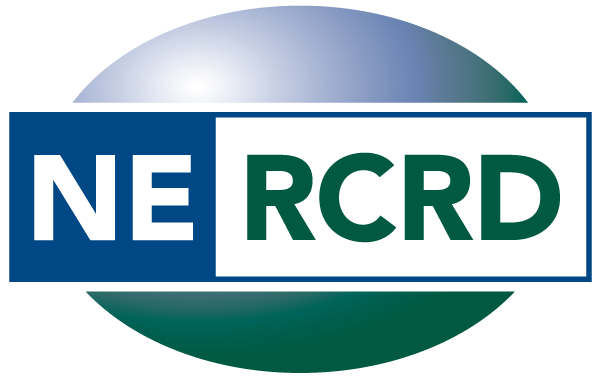
Call for case studies: Innovative and promising practices in sustainable tourism
The intent of the volume is to provide an opportunity for academics, extension professionals, industry stakeholders and community practitioners to reflect, discuss and share the innovative approaches that they have taken to develop sustainable tourism in a variety of different contexts. Innovative and promising practices are defined as any unique, modern approaches, strategies or techniques that have been used to address current issues, opportunities or trends in tourism.
The intended audiences for these case studies include faculty and students in tourism related academic programs who will benefit from having access to current case studies that highlight how various stakeholders are approaching common issues, opportunities and trends in tourism. The second audience includes extension agents and practitioners who will benefit from having a platform to either share their own innovative practices or gain insight from the lessons learned in other case study context.
The volume will be shared widely via the National Extension Tourism website and by the World Leisure Centre of Excellence in Sustainability and Innovation as a free, downloadable resource for faculty, students and practitioners. The volume is expected to be released by March 2019 and will be shared at the 2019 National Extension Tourism Conference to be held in Oregon in 2019. This is a peer reviewed publication opportunity which will published by VIU Press as an open access publication. If you are interested in being a reviewer for this publication, please contact one of the members of the editorial team.
Case study criteria
- Be related to the design, development or management of tourism with a focus on sustainability (linked to economic, environment, equity or education principles of sustainability);
- Identify an issue, opportunity or trend in tourism and factors that have contributed to its existence;
- Provide background information on the innovators – the organization(s) or stakeholders involved;
- Identify an innovation in tourism such as new practices, models, paradigms, processes, projects or partnerships that were used to address an issue, capitalize or mitigate a trend, or opportunity;
- Demonstrate how research or evidence was used in practice;
- Discuss the impact, implications and lessons learned in the case;
- Be between 3,000 to 5,000 words, not including support materials such as tables, pictures, etc.
Expressions of interest should
- Include the names, institutional affiliation, contact information, bios (max 200 words) and photos of all authors;
- Address the case study criteria in an 800-1000 word proposal and describe the value of the case study for academic and non-academic audiences.
- Be submitted by May 30th, 2018 via email to the Editorial Team via Nicole Vaugeois at Nicole.vaugeois@viu.ca
Editorial Team
- Nicole L. Vaugeois
Associate Vice-President, Scholarship, Research and Creative Activity Vancouver Island University
Nicole.vaugeois@viu.ca - Miles Phillips
Associate Professor
Oregon State University Extension
miles.phillips@oregonstate.edu - Doug Arbogast
Rural Tourism Specialist
West Virginia University Extension Service
Douglas.Arbogast@mail.wvu.edu - Patrick Brouder
Instructor
Simon Fraser University
pbrouder@sfu.ca
About NET and the World Leisure Centre of Excellence (WLCE)
The mission of the National Extension Tourism Design Team is to enhance sustainable tourism development nationally by providing relevant research, training, resources and networking opportunities in tourism and recreation marketing, management and development for Extension and tourism professionals.
The World Leisure Centre of Excellence in Sustainability and Innovation at Vancouver Island University brings together established and emerging scholars from around the globe to share innovative ideas, engage in dialogue and collaborate in research and teaching.
